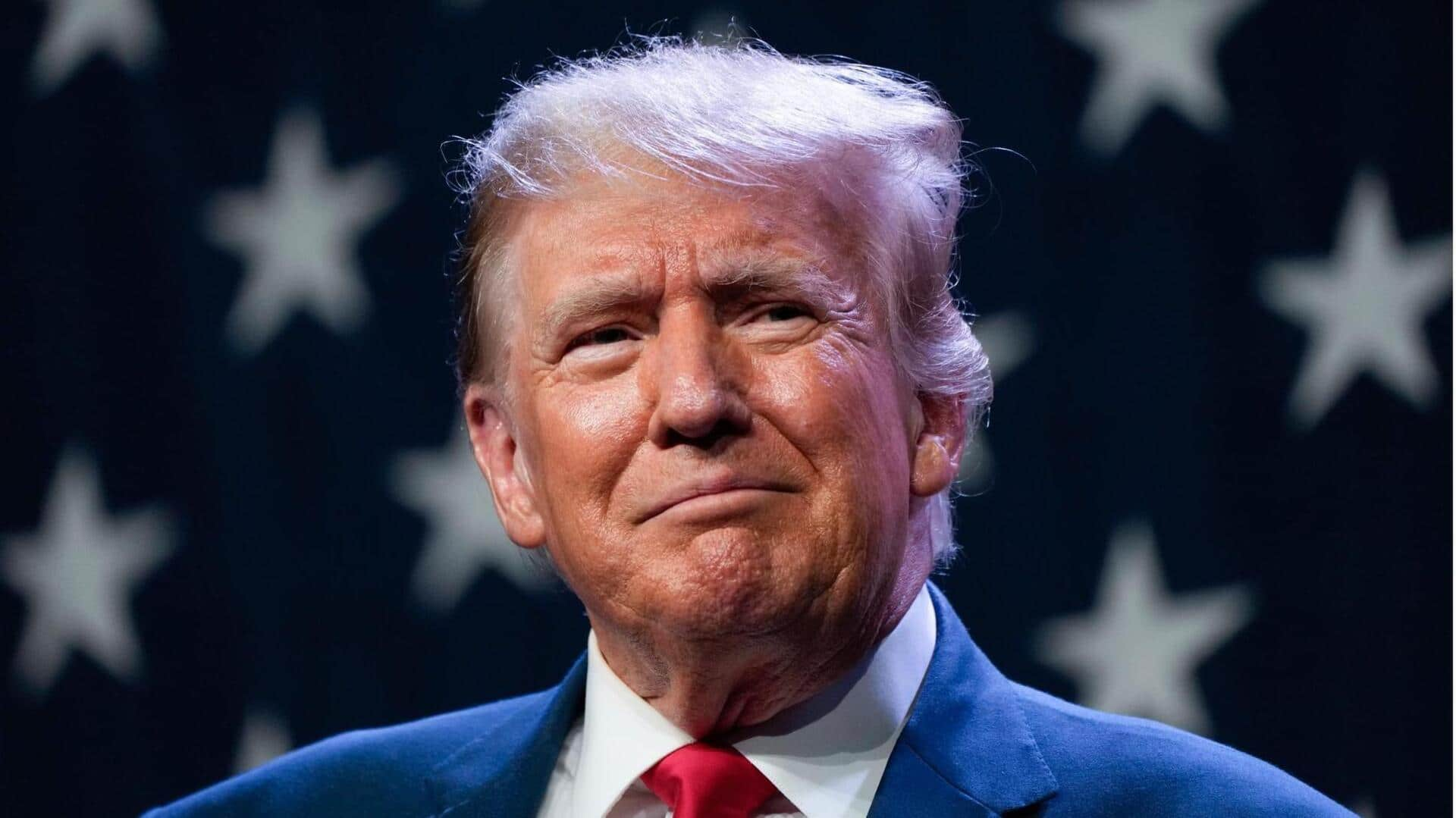
Trump mulling 'universal' import tariffs: How India will be affected
What's the story
US President-elect Donald Trump's administration is mulling tariff plans to be applied to all nations including India, but only on essential imports. The strategy is a far cry from his proposals during the 2024 presidential campaign. The possible policy shift is viewed as an effort to balance the need for trade protectionism with fears of economic stability and consumer impact.
Initial proposals
Trump's original tariff plans: A recap
During his campaign, Trump pushed for "universal" tariffs of up to 10% or 20% on all goods entering the US. However, this was criticized by economists and Republicans in Congress, who warned it could lead to price shocks. Now, two weeks before his inauguration, talks are on to impose import duties on goods from every country but focusing only on sectors deemed crucial to national or economic security.
Sector focus
Potential sectors for tariffs under discussion
The sectors that could be hit with these import duties remain unknown. However, initial discussions have mostly centered on key sectors that the Trump team hopes to repatriate to the US. These include the defense industrial supply chain via tariffs on steel, iron, aluminum, and copper; critical medical supplies like syringes, needles, vials and pharmaceutical materials; and energy production items including batteries, rare earth minerals and solar panels.
Global implications
Trump's tariff plans and their global impact
The revised tariff plans could be one of the biggest challenges to the global trade order in decades. While Trump's advisers view this move as necessary to bring manufacturing jobs back to the US, it could also invite retaliation from other countries and hike prices for consumers and businesses. However, no decisions have been finalized yet, and planning remains fluid.
Additional tariffs
Additional tariffs on Mexico, Canada, and China
Trump has also indicated plans to slap 25% tariffs on Mexico and Canada and an extra 10% tariff on China, unless they take action to curb migration and drug trafficking. However, many business leaders see these steps as unlikely to ever be implemented. Some sources say they could be enforced alongside universal tariffs on key sectors, adding another layer of complexity to the evolving trade policy landscape.